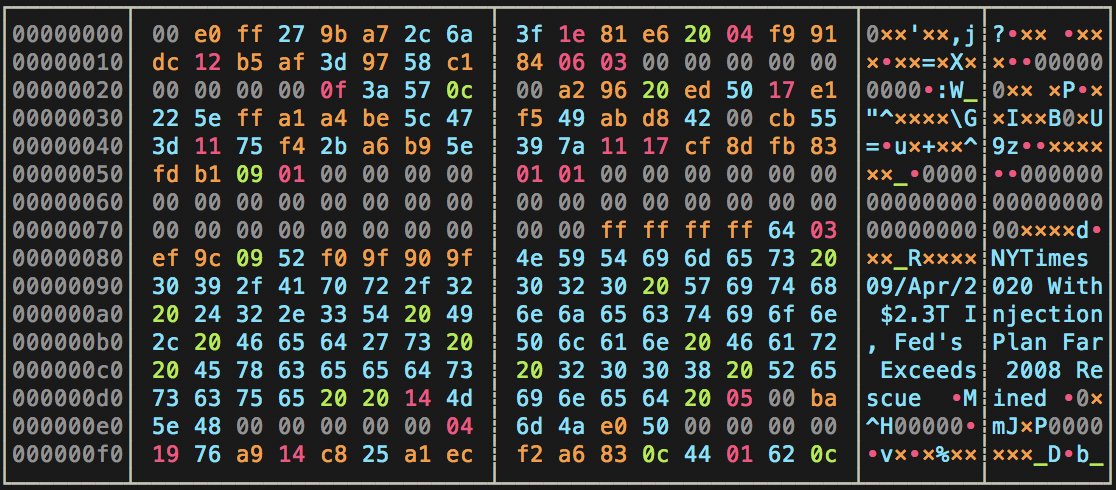
Poster CC 194, Poster collection, Hoover Institution Archives.
Even before the outbreak of the novel coronavirus in Wuhan, China late last year, the Sino-U.S. relationship had been in a period of flux. Since coming to office in 2017, President Trump made rebalancing ties with China the centerpiece of his foreign policy. Claiming that it would no longer be business as usual with Beijing, Trump began to respond more forcefully to what he had long claimed were unfair Chinese trade practices, cyberespionage, military intimidation, and global propaganda campaigns. Yet the COVID-19 pandemic raised even more fundamental questions about the state of U.S.-China relations and how the two appear to be locked into a more antagonistic dynamic for the foreseeable future.
Unlike in the early months of the pandemic, it is now increasingly accepted that the Chinese Communist Party (CCP) and its local officials ordered a cover-up of what was happening in Wuhan. From intimidating whistleblowing doctors to a silencing of social media, and from destroying laboratory samples to buying up billions of pieces of personal protective equipment such as masks and gloves from around the world, the common wisdom now sees that the CCP prioritized protecting its own reputation and forestalling any domestic or international criticism of the kind that damaged it during the 2003 SARS cover-up. Most egregiously, Beijing lied to the World Health Organization about the nature of the virus in Wuhan, falsely claiming that there was no evidence of human-to-human transmission. This, and the decision not to restrict Chinese travel abroad during the Lunar New Year, destroyed any meaningful attempts to contain the virus inside China, and instead allowed it to ravage the globe.
As the scale of the catastrophe became clear, the party-state orchestrated a worldwide propaganda campaign to portray Beijing as successful in its battle against the coronavirus and as having selflessly helped the rest of the world, from "donating" medical supplies to sharing scientific information. Indeed, Chinese officials went so far as to claim that the United States created the disease and planted it in China.
Beijing's propaganda campaign, while designed to divert any criticism of the regime, has poisoned relations with Washington, not to mention other countries, and is likely to result in an intensified bout of counter-campaigning from the United States. As Beijing steadfastly refuses to acknowledge any shortcomings in its response to the coronacrisis, voices across the globe are understandably questioning how it can be trusted as an international actor. The new dynamic in China's relations with the world will be a deep-seated distrust of Beijing's statements.
Moreover, Beijing is slowly reaping the fruits of its decision to denude the world of needed medical supplies and then sell defective masks and virus tests to numerous countries. Across Europe and Asia, governments are returning shoddy equipment and useless tests, sometimes after having paid tens of millions of dollars for them, as in the case of Spain, which bought $497 million dollars-worth of items that it declared were unusable. In the case of Great Britain, all 3.5 million antibody test kits the government ordered failed to work properly, and were returned. The ill-will that Beijing has engendered by selling back items that were sometimes donated by countries, as in the case of Italy, or providing defective equipment will further drive a wedge between China and those countries that now see it as an untrusty partner with whom a buyer must beware when doing business.









